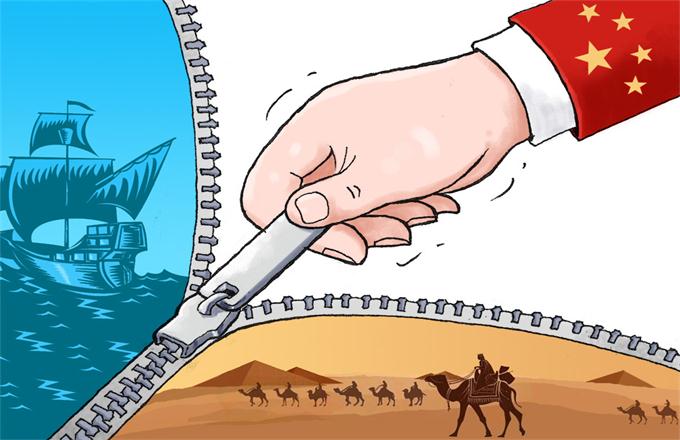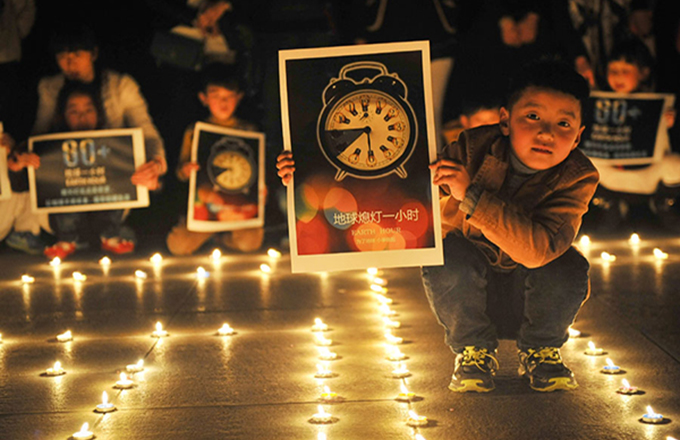How long you live is not decided by just what you eat
BAMA IN THE GUANGXI Zhuang autonomous region in South China is known as the "hometown of longevity", as more than 1,000 of its residents, out of a population of some 200,000, are more than 90 years old, among which 81 are centenarians. As a result, some local specialties are being labeled and sold as longevity foods. Beijing News comments:
Scientists say the water, soil and air in the region are special because of the strong geomagnetic field in the area. But even if the local food is good for people's health, which is supposed to be a defining characteristic of all food, it is improper to directly advertise them as "longevity food".
The rules on food labeling in China clearly stipulate the food producers and sellers should not describe or promote food in a misleading manner to boost sales.
It was local natural environment and the residents' traditional lifestyles-all were farmers in the mountains before the development of the local tourism industry-that have led to their good health.
Bama's reputation does help sell local food products. But the "longevity food" producers and sellers cannot provide any convincing evidence testifying to any direct relationship between their food and a long life.
Worryingly, the influx of large numbers of tourists and people who visit Bama hoping its environment can cure their illnesses are polluting the water and soil. The quality of the local soil and water is not as good as it used to be.
The food and market administrative departments should investigate whether labeling the food as "longevity food" breaks the law.



















